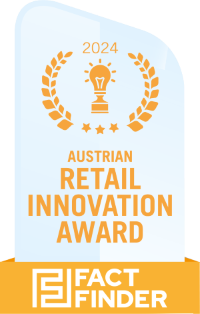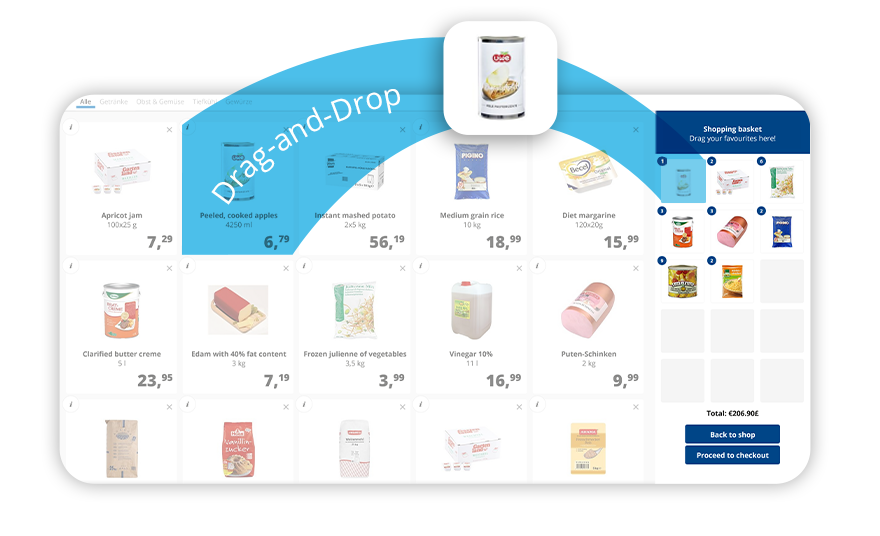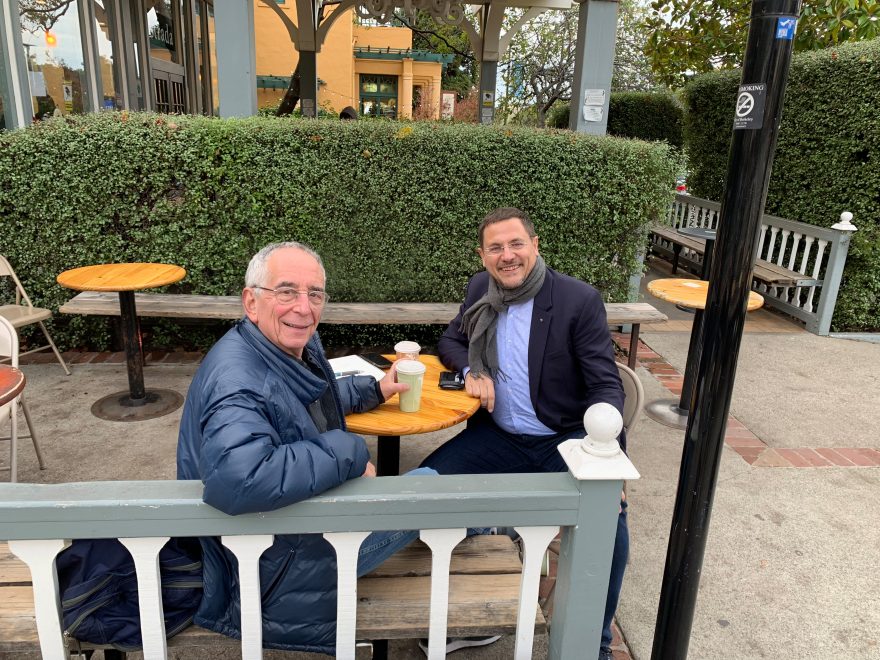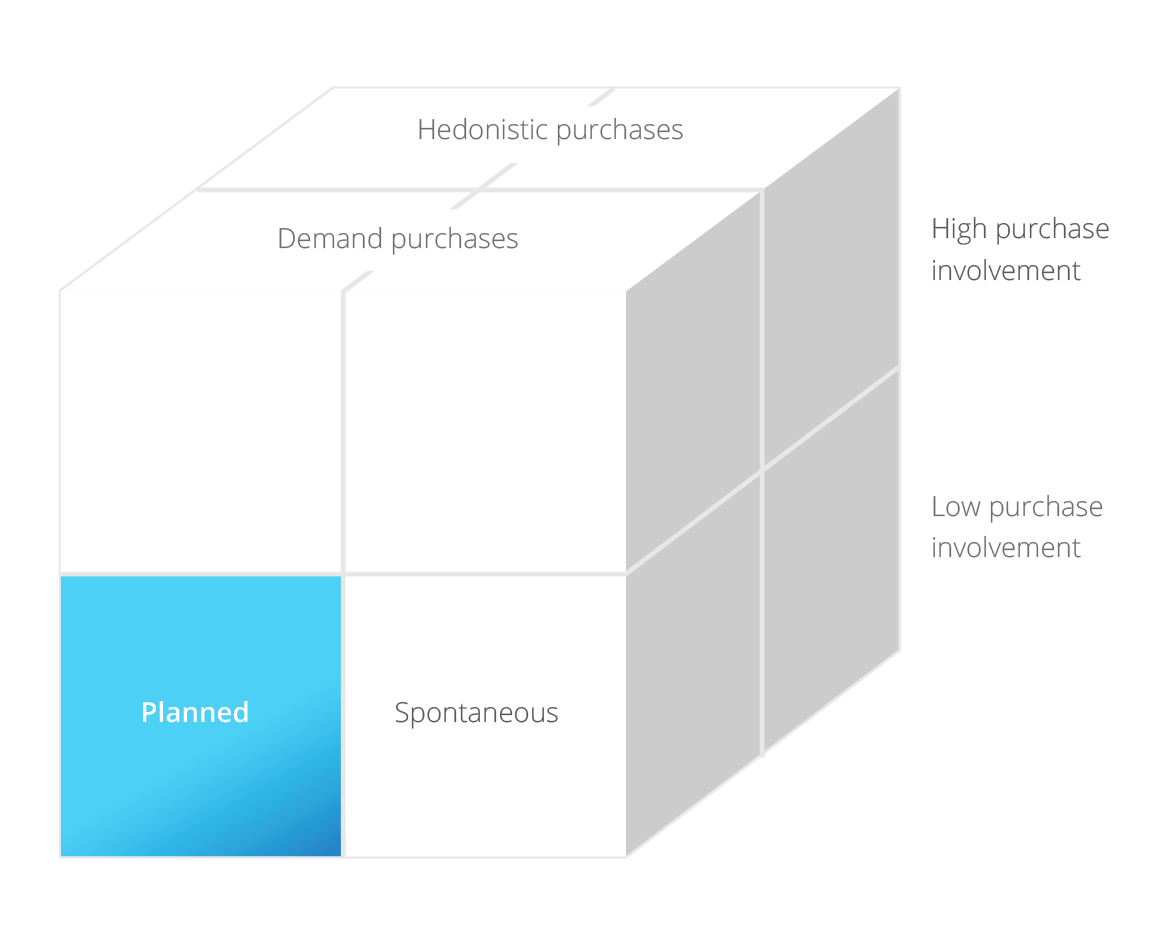Discover how the Predictive Basket transforms online shopping with AI-driven precision. Anticipate customer needs, speed up purchase processes by up to 66% and increase cart sizes effortlessly.
What is the Predictive Basket?
The Predictive Basket is an AI-driven solution that predicts what customers are likely to reorder, streamlining their online shopping experience. By analyzing customer behavior and purchase patterns, it generates a personalized list of likely products for every individual, removing the need for extensive searching.
With 75% accuracy, the Predictive Basket helps online stores:
- Save customers time via faster shopping with fewer clicks
- Customers add more items to their carts, increasing AOV
- Reduces decision fatigue and forgotten items leading to improved satisfaction
Why prediction matters?
Predictive technologies aren’t new; weather forecasting has demonstrated how data and algorithms can revolutionize decision-making. Now, eCommerce is embracing the same principles to anticipate customer needs, fundamentally changing how we shop.
Unlike weather forecasts, this revolution in eCommerce is far from quiet.

Award-winning technology
The Predictive Basket received the Austrian Retail Innovation Award for Best Online Innovation, marking a significant milestone in eCommerce innovation. This recognition highlights its unique ability to simplify reordering and transform the online shopping experience.
Learn more.
2 more products per cart with predictive AI
KASTNER Group, a leading Austrian food wholesaler with an annual turnover of nearly €250 million, serves customers from restaurateurs to organic specialists. With B2B buyers ordering two to three times a week, the company wanted to make reordering as effortless as possible.
The turned to the Predictive Basket to reminds customers of products they might otherwise forget. When customers log in, they’re presented with a curated list of products they frequently purchase.
This simple feature:
- Increased order size: Customers now add 2+ extra products on average
- Streamlined operations: Fewer forgotten items mean fewer follow-ups
- Boosted loyalty: Simplifying the shopping process keeps customers coming back.
“In the first couple of weeks of use, we sold about 1.3 more products thanks to the Predictive Basket.
Since then, customers buy on average 2 or more products based on this AI,” reports KASTNER.
How it works: case study from KASTNER
Built on 30 years of machine learning research
The idea and implementation of the Predictive Basket originated in Germany by Carsten Kraus, FactFinder’s founder and first CEO. Kraus, a pioneer in AI and Machine Learning, holds multiple patents and has spent over three decades advancing the field.
He explains how the idea came about, “Today’s online store systems are designed to support the purchase decision. But in industries such as food and beverage, customers usually know exactly what they need. As a result, actual shopping at the supermarket, including travel time to the supermarket, is often faster than online.”
“When I grab milk, butter and toilet paper from the shelf, I am more practiced than by searching and selecting on the screen,” Kraus continues. “The Predictive Basket simplifies online purchasing by predicting exactly what a customer wants to buy today. This can be by mail, on the homepage or as with KASTNER, during checkout. The customer can then simply click together his shopping cart from a product list.”
“Already, the accuracy of the suggestions is 75%, which speeds up shopping by about two thirds – a true game changer for shopping in online supermarkets,” says Kraus.
 Front-end example of the Predictive Basket and it’s easy to use drag-and-drop tool that maximizes reordering.
Front-end example of the Predictive Basket and it’s easy to use drag-and-drop tool that maximizes reordering.
Psychology meets AI
Consumers embrace the Predictive Basket due to the convenience, but also because of the paradox of choice. This psychological phenomenon was discovered by American psychologist Barry Schwartz. He says that having so many choices between different products does not result in added value for customers. In fact, too many options reduce the ability to make a decision due to fear of making the wrong one.

Carsten Kraus (right) and professor Barry Schwartz on the campus of the University of Berkeley.
Schwartz highlights that having too many choices can make people unhappier, as it increases the fear of making the wrong decision. This insight stems from a 2000 study by Sheena Iyengar, professor of business at Columbia, and Mark Lepper, professor of psychology at Stanford, which examined how the number of available options impacts consumer behavior.
The study used a tasting booth at an upscale grocery store, offering shoppers two different displays:
- An extensive-selection of 24 varieties of jams
- A limited-selection of 6 varieties of jams
The results were surprising:
- Attraction: 64% of shoppers stopped at the extensive display, compared to 40% at the limited one.
- Purchases: Only 3% of those who visited the extensive display made a purchase, whereas 30% of those at the limited display bought jam.
This revealed that while a larger selection may draw attention, fewer options lead to higher purchase rates by reducing decision fatigue.
These findings informed the development of the Predictive Basket, which minimizes choice overload by presenting customers with a curated list of relevant products. This concept is further supported by Hans Baumgartner, professor of marketing at Pennsylvania State University, who classifies purchase behaviors into eight distinct types modeled across three dimensions.
 The Purchase Cube according to professor Baumgartner. The Predictive Basket assists in industries where products need to be quickly and easily purchased.
The Purchase Cube according to professor Baumgartner. The Predictive Basket assists in industries where products need to be quickly and easily purchased.
Supermarket purchases are planned, have a low involvement and are considered to be on-demand purchases. In other words, customers do not actually want to shop in supermarkets, they just want to have the products.
High potential for repeat purchases in eCommerce
The Predictive Basket makes shopping easier by showing customers exactly what they need before they even start searching. This is especially helpful in industries where people regularly reorder the same items, like groceries, B2B and household items. Tools like this are changing how we shop online, making it faster, more convenient and highly personalized.
Ready to see how Predictive Basket can help your customers shop smarter?
